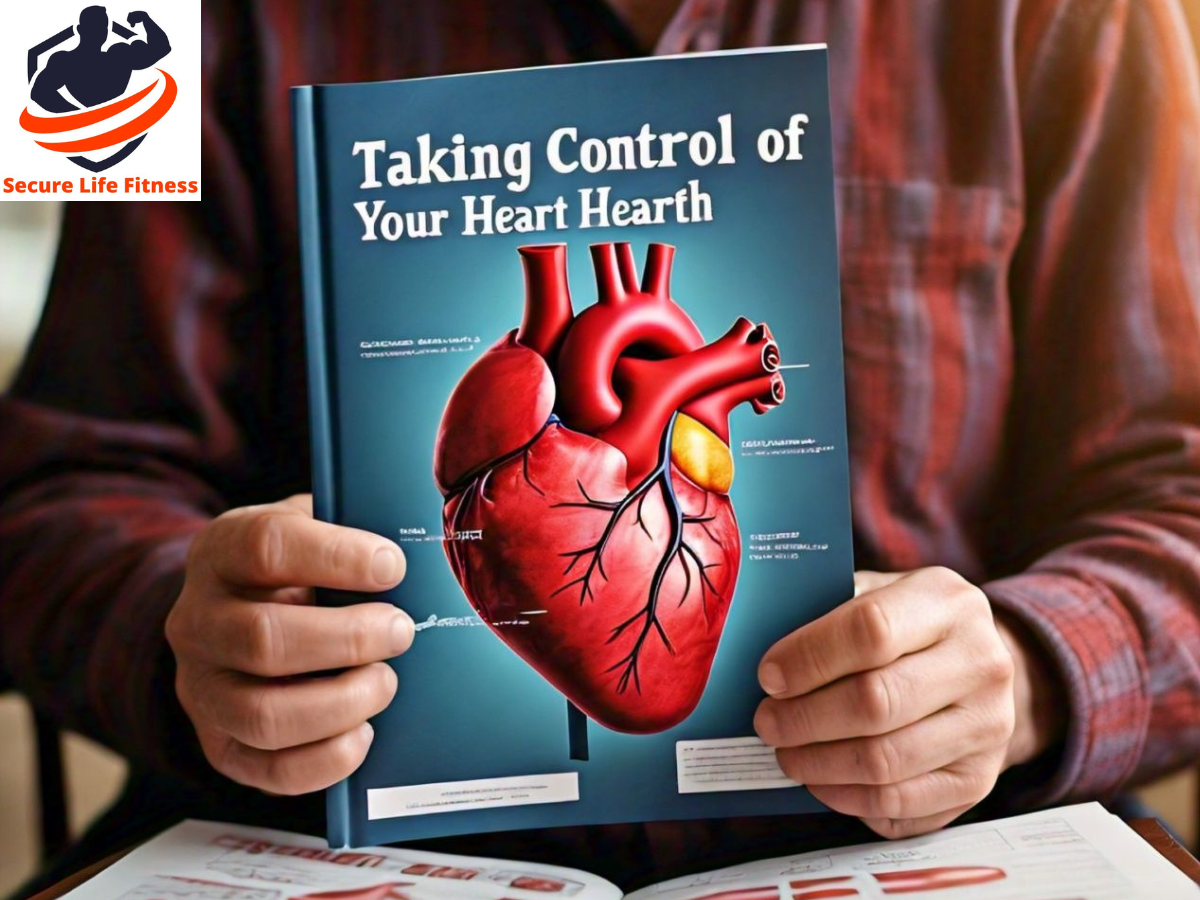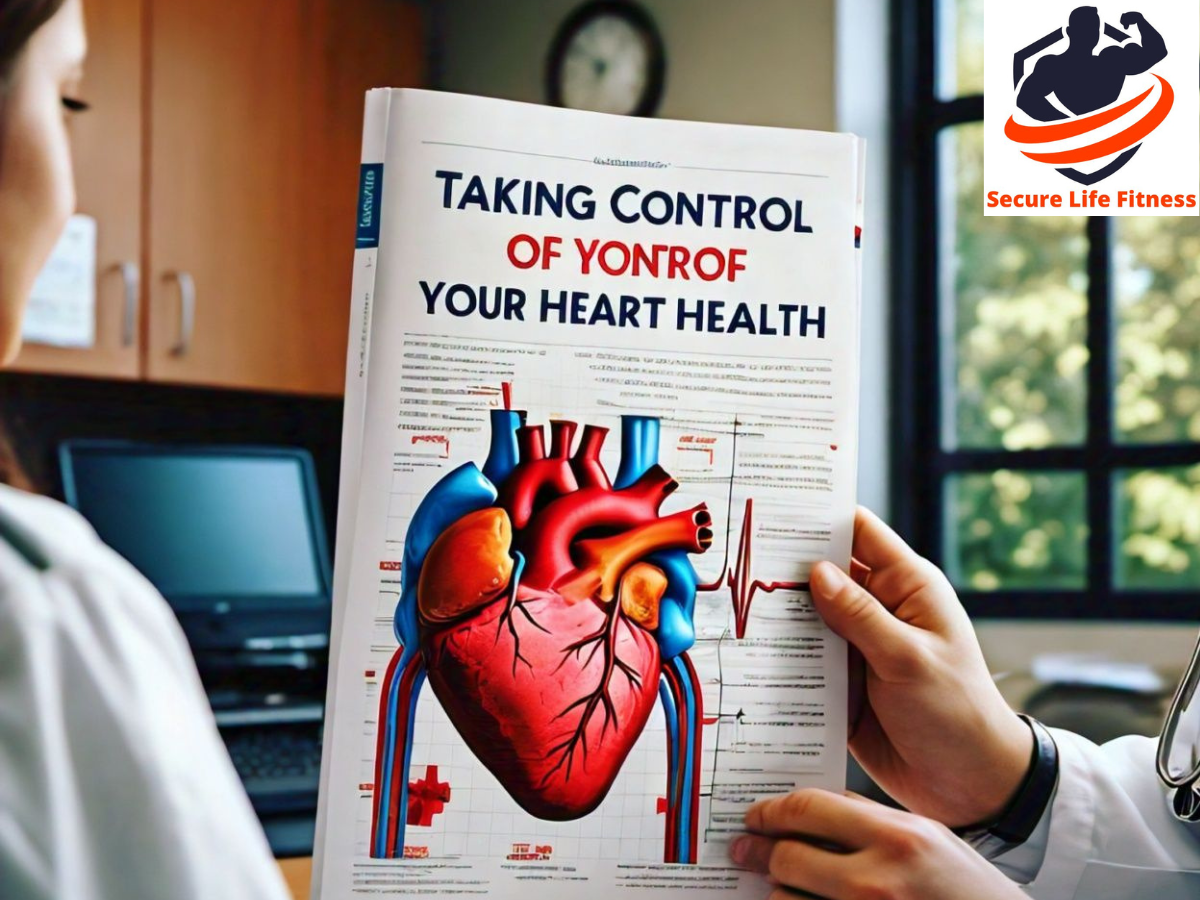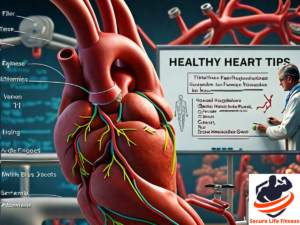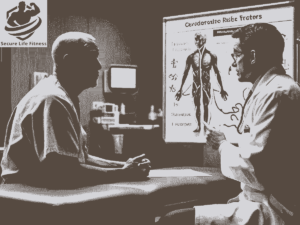Table of Contents
ToggleCardiovascular Care
Cardiovascular disease is one of the leading causes of death and disability worldwide, accounting for over 17.9 million deaths per year. However, the good news is that many cases of cardiovascular disease can be prevented or managed through lifestyle changes and proper care. In this blog post, we will explore the importance of cardiovascular care and provide tips on how to take control of your heart health.
Understanding Cardiovascular Disease
Cardiovascular disease refers to any condition that affects the heart and blood vessels, including coronary artery disease, heart failure, arrhythmias, and stroke. These conditions can be caused by a combination of genetic and lifestyle factors, such as high blood pressure, high cholesterol, smoking, obesity, and physical inactivity.
Risk Factors for Cardiovascular Disease
- Age: 45 or older
- Gender: Male or female
- Family History: Having a first-degree relative with cardiovascular disease
- Smoking: Current or former smoker
- High Blood Pressure: Uncontrolled or untreated
- High Cholesterol: Uncontrolled or untreated
- Diabetes: Uncontrolled or untreated
- Obesity: BMI 30 or higher
- Physical Inactivity: Less than 150 minutes of moderate-intensity exercise per week
Signs and Symptoms of Cardiovascular Disease
- Chest Pain or discomfort in the chest, arms, back, neck, jaw, or stomach
- Shortness of Breath or difficulty breathing
- Fatigue or weakness
- Dizziness or lightheadedness
- Palpitations or irregular heartbeat
- Swelling in the legs, ankles, or feet

Taking Control of Your Heart Health
Lifestyle Changes
- Quit Smoking: Seek professional help to quit smoking
- Activity Frequently: Try to get in at least 150 minutes a week of moderate-intense activity.
- Healthy Diet: Eat a balanced diet low in saturated fat, sodium, and added sugars
- Keep Your Weight in Check: Aim for a BMI of 18.5 to 24.9.
- Limit Alcohol Consumption: No more than one drink per day for women and two drinks per day for men
Medication and Treatment
- Blood Pressure Medication: Take medication as prescribed by your doctor
- Cholesterol Medication: Take medication as prescribed by your doctor
- Diabetes Medication: Take medication as prescribed by your doctor
- Cardiac Rehabilitation: Participate in a cardiac rehabilitation program to learn how to manage your condition
Monitoring and Managing Cardiovascular Disease
Blood Pressure Monitoring
- Monitor Blood Pressure: At home or at your doctor’s office
- Track Blood Pressure: Keep a log of your blood pressure readings
- Adjust Medication: As needed to achieve a blood pressure goal of less than 130/80 mmHg
Cholesterol Monitoring
- Monitor Cholesterol: At your doctor’s office
- Track Cholesterol: Keep a log of your cholesterol levels
- Adjust Medication: As needed to achieve a cholesterol goal of less than 200 mg/dL
Diabetes Monitoring
- Monitor Blood Sugar: At home or at your doctor’s office
- Track Blood Sugar: Keep a log of your blood sugar readings
- Adjust Medication: As needed to achieve a blood sugar goal of less than 7%
Conclusion
Cardiovascular disease is a serious condition that can be prevented or managed through lifestyle changes and proper care. By understanding the risk factors, signs and symptoms, and taking control of your heart health, you can reduce your risk of cardiovascular disease and live a long and healthy life. Remember to monitor and manage your condition regularly and seek professional help when needed.
FAQs
What are the signs and symptoms of cardiovascular disease?
- Shortness of breath, exhaustion, disorientation, palpitations, and swelling in the ankles, feet, or legs.
What are the risk factors for cardiovascular disease?
- Physical inactivity, diabetes, obesity, smoking, high blood pressure, high cholesterol, age, gender, and family history.
What steps can I take to lower my risk of heart disease?
- Quit smoking, exercise regularly, eat a healthy diet, maintain a healthy weight, limit alcohol consumption, and manage stress.

What is cardiac rehabilitation?
- A program that helps you learn how to manage your condition, including
- Pulse Points: Your Guide to Cardiovascular Health and Wellness
- Heart Healthy Habits: Tips for a Happy Heart
- The Heart of Wellness: Cardiovascular Health and Beyond
- Cardiovascular Care 101: A Beginner’s Guide
- Heartbeats and Health: Understanding Cardiovascular Health
- The Cardiovascular Curve: Understanding and Managing Risk Factors
- Heartwise: A Guide to Cardiovascular Health and Disease Prevention
- Cardiovascular Clarity: Understanding Your Heart Health
- The Heart Health Handbook: A Guide to Prevention and Treatment
- Be Heart Smart: Understanding Cardiovascular Health
- The Cardiovascular Connection: Mind, Body, and Heart
- Heartfelt Health: A Guide to Cardiovascular Wellness
- Heartfelt Harmony: Achieving Balance in Cardiovascular Health
- The Cardiovascular Chronicle: Understanding Your Heart’s Rhythm
- Heart to Heart: A Comprehensive Guide to Cardiovascular Health
- Cardiovascular Care: Navigating the Path to Heart Health
- The Heart of the Matter: Unraveling Cardiovascular Disease
- Pulse Pursuit: A Journey to Optimal Cardiovascular Health
- Heart Healthy Habits Handbook: A Guide to Long-Term Wellness
- The Cardiovascular Compass: Navigating Risk Factors and Prevention
- Heartbeats and Healthiness: The Ultimate Guide to Cardiovascular Wellness
- Cardiovascular Clarity Guide: Understanding and Managing Your Heart Health













